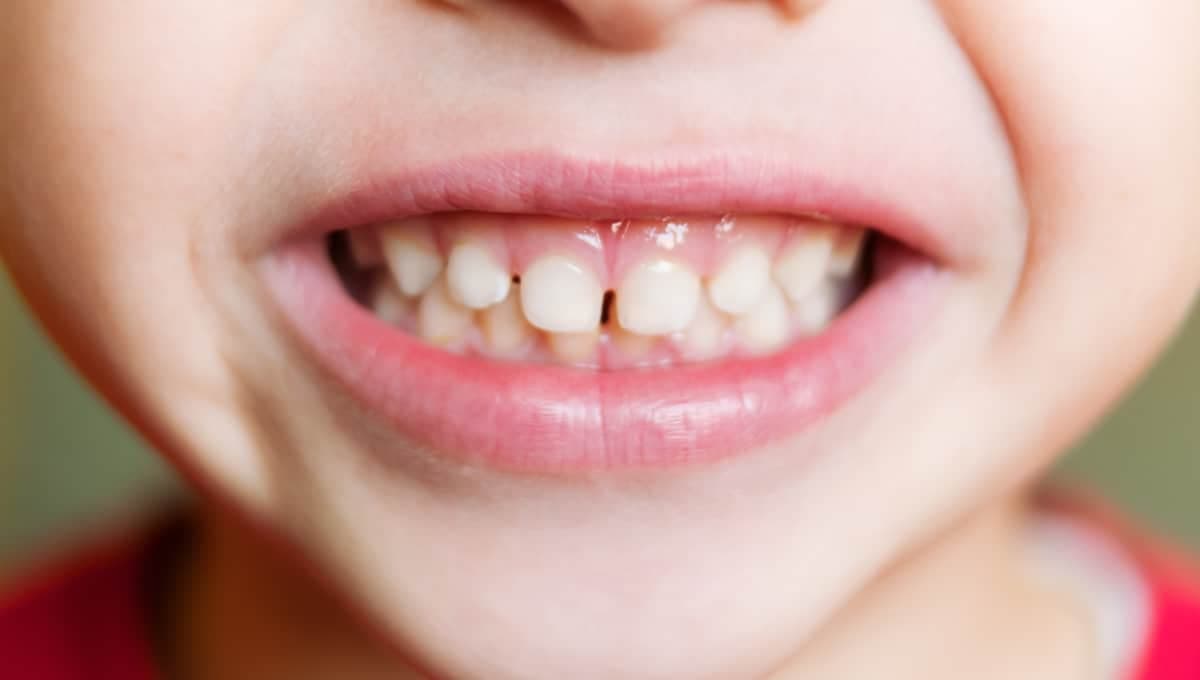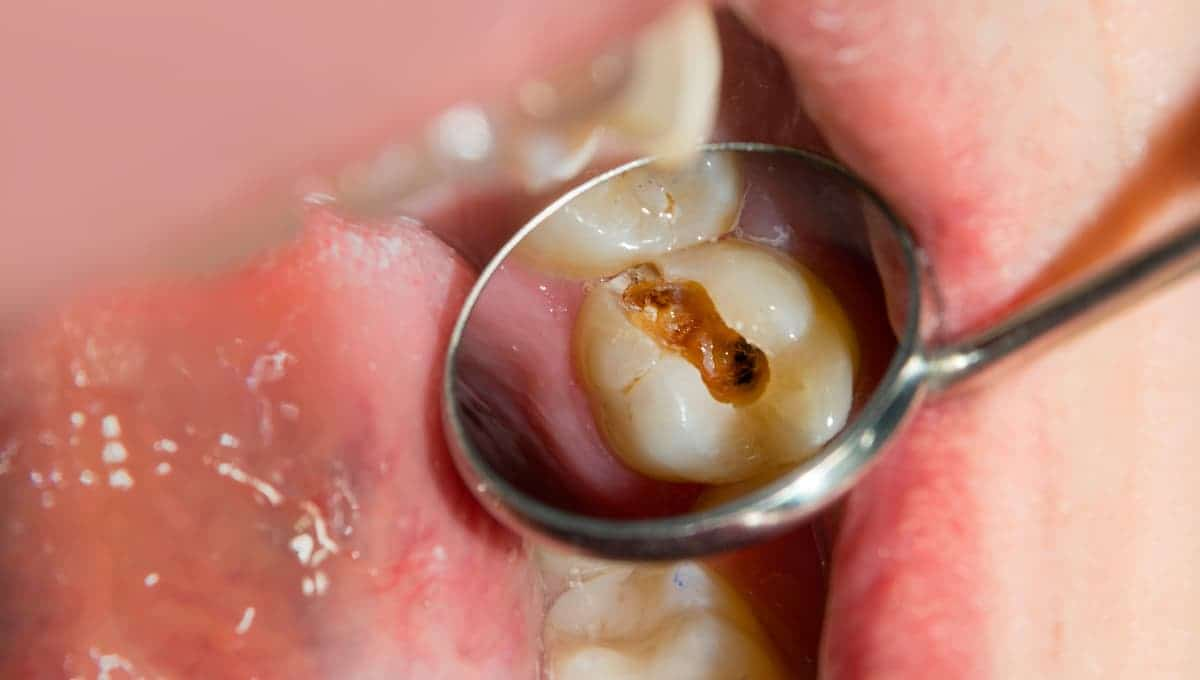This article will explore the age considerations for getting braces, including: • Can You Get Braces at Any Age • What is the Best Age to Get Braces • How Orthodontic Treatment Differs for Children and Adults Read more below.
Can You Get Braces at Any Age
If you are an adult, the good news is that you can get braces at any age. No specific maximum age exists, as long as your teeth and gums are healthy. Even if you are in your thirties, forties, or beyond, braces can still be effective for you. However, the success of the treatment will depend on your teeth condition. You will need to schedule an appointment with your orthodontist to determine the best course of action, guided by their professional recommendations. For children, orthodontists recommend starting braces treatment once all permanent teeth have fully erupted, typically between the ages of 10 and 14, the minimum age for braces. Starting braces treatment too early, before baby teeth have fallen out, may require additional adjustments later as permanent teeth emerge. However, early orthodontic consultations are recommended. These consultations allow orthodontists to monitor the child's dental development and determine the optimal time to begin braces treatment. Beginning treatment at the right age can minimize the overall duration and complexity of orthodontic treatment for children.What is the Best Age to Get Braces
 Although braces can be beneficial at any age, the best time to start orthodontic treatment is during early adolescence between ages 10 and 14. This age range is considered the ideal time to get braces because it allows orthodontists to correct tooth alignment and bite problems while the child's jaw bones are still developing.
Although braces can be beneficial at any age, the best time to start orthodontic treatment is during early adolescence between ages 10 and 14. This age range is considered the ideal time to get braces because it allows orthodontists to correct tooth alignment and bite problems while the child's jaw bones are still developing.
How Orthodontic Treatment Differ for Children and Adults
While orthodontic treatment with braces aims to achieve a proper bite and straight teeth for both children and adults, there are 4 distinct differences in the treatment approach and considerations for these two age groups. Understanding these differences is crucial for patients of all ages to set realistic expectations and prepare for the most effective orthodontic care tailored to their specific needs.1. Treatment Time
Children: Typically, children experience shorter treatment times as it's easier to guide jaw growth and tooth eruption when treatment begins at an early age. Adults: Adult jawbones are denser, which can slow teeth movement and prolong treatment duration.2. Existing Dental Issues
 Children: Typically have fewer pre-existing dental issues like gum disease or missing teeth.
Adults: Adults may have existing dental issues, such as gum disease or missing teeth, which must be addressed before or during orthodontic treatment.
Children: Typically have fewer pre-existing dental issues like gum disease or missing teeth.
Adults: Adults may have existing dental issues, such as gum disease or missing teeth, which must be addressed before or during orthodontic treatment.
